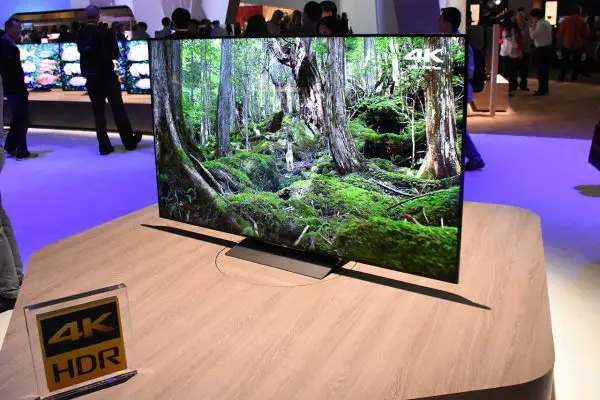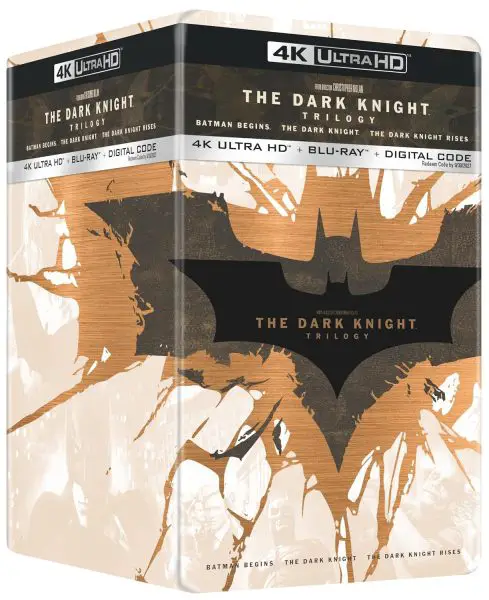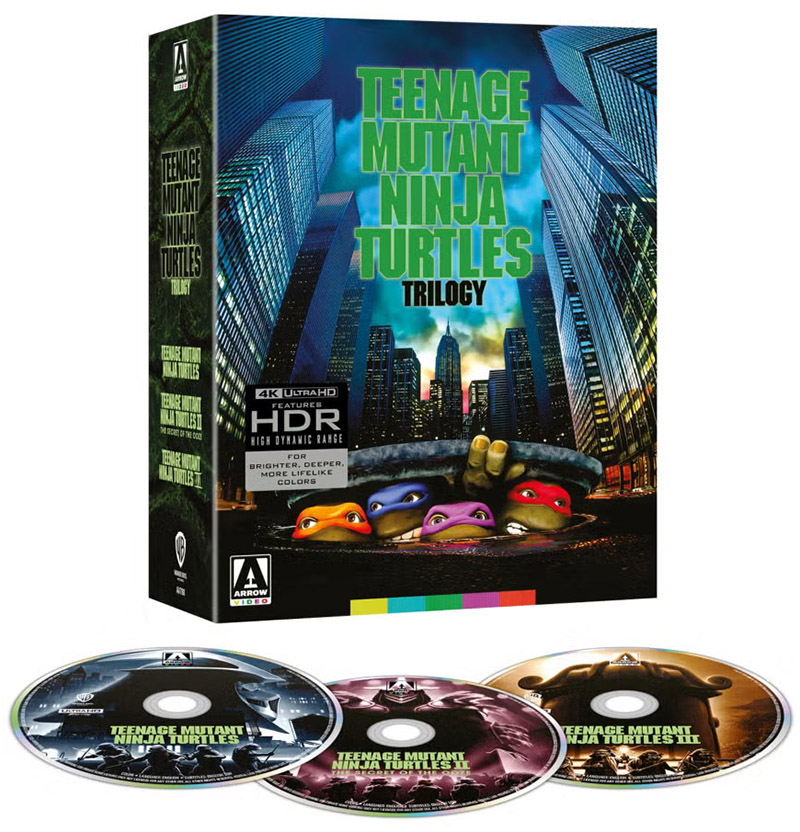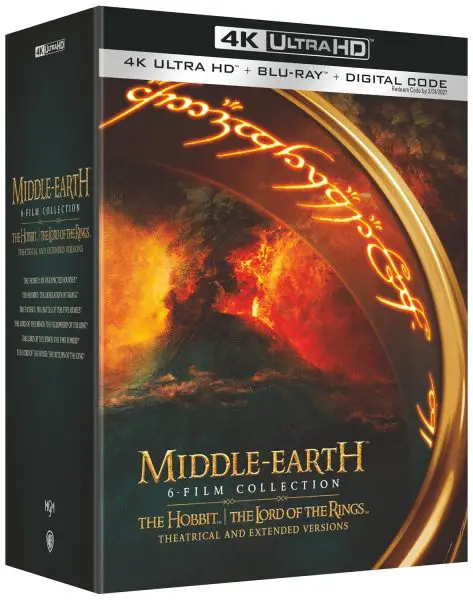 It’s a question we always get asked. Especially now, with the Super Bowl coming up as many of you are considering upgrading your 1080p TV to a 4k TV. But before committing to a new 4k TV here are a few points you should consider. (Reader’s Note: 4k, Ultra HD, and UHD are essentially the same thing when referring to consumer electronics that deliver 2160p resolution.)
It’s a question we always get asked. Especially now, with the Super Bowl coming up as many of you are considering upgrading your 1080p TV to a 4k TV. But before committing to a new 4k TV here are a few points you should consider. (Reader’s Note: 4k, Ultra HD, and UHD are essentially the same thing when referring to consumer electronics that deliver 2160p resolution.)
Buy a 4k TV with HDR
4k TVs with HDR support are more expensive than without, but if you don’t purchase one you may regret it. Many critics have said HDR (High Dynamic Range) is a more visible and substantial upgrade to video displays than 4k. We tend to agree. HDR adds color depth, from 10-12-bit color compared to 8-bit found in 1080p displays. With the expanded color range comes more detail and range of values, especially in shadow and bright areas. With HDR, there is so much more to see.
How do you know if the 4k TV supports HDR? Be careful. 4k TVs may not have a label on the box that says HDR. That’s because there is no standard specification or brand name. The technology is delivered by either HDR10 (open source) or Dolby Vision (owned by Dolby Laboratories). However, you can look for labels such as “SUHD” on Samsung TVs which essentially means it supports HDR. Luckily, most HDR TVs support both HDR specifications (although a service like Vudu may only support one spec and brand of TVs — that being Dolby Vision supported by certain Vizio and LG TVs). The key is to research before buying by asking knowledgeable sales staff or digging through a TV manufacturer’s website.
HDR TVs Are More Expensive
There is no doubt that a 4k TV with HDR is more expensive than a 4k TV. When pricing out a new TV you might take into consideration an HDR TV can be 25%-35% more than a 4k TV without it. And, as the size of the screen goes up so does the cost of High Dynamic Range. If you’ve already got a 65″ LG 1080p TV and are considering upgrading, the cost of replacing it right now with a quality 4k OLED HDR set is about $5k (for the LG OLED65E6P). Most of us aren’t going to downsize our sets, so you might consider waiting a year to see if the cost of HDR TVs drops significantly.
The Super Bowl In 4k?
Many people think an Ultra HD TV will display the Super Bowl in so much better resolution. But that may not be the case, especially if you’ve already got a decent TV. The display is only as good as its content. If your television service provider or local network is providing bad source material, the TV is not going to fix that. Sure, there is upscaling and color enhancement that will help improve lower quality video, but the final result is only as good as its source.
4k Content Is Still Limited
While the amount of 4k content has grown substantially in the last year, you might still say it’s limited. Amazon Video, Netflix, and Vudu are among the most popular services to offer movies and TV series in 4k, but the format still makes up a small percentage of their overall volume.
4k Ultra HD Blu-ray discs are also available, but as it stands there are just over 100 titles to choose from, and, the new disc format requires a pricey Ultra HD Blu-ray player to play them (or an XBox One S console).
The good news is if you do get a 4k TV it’s likely to be a Smart TV. In which case the best way to view 4k content is through a dedicated app such as Netflix or Amazon Video.
4k Content Is More Expensive
The standard price of an Ultra HD Blu-ray disc is $29.99, although you can sometimes find a title on sale for $24.99 (for example at Best Buy or Amazon). There are some movies that are priced below $20 such as The Hunger Games and Divergent-franchise films, but those are few and far between. Digital UHD titles on Vudu are also priced at $29.99, and, along with Google Play’s new UHD format are limited to what devices they can be displayed on.
However, we should mention that Amazon Prime Video and Netflix have quite a bit of UHD content that’s included with the monthly or yearly subscription. Netflix subscribers must have a $11.99 per month account. Amazon customers don’t have to pay any more per month or year for Ultra HD streaming.
TV Providers May Charge More
DirecTV and other television service providers that are offering 4k may charge more for the service. And, in most cases the set-top box will need to be upgraded to support the new format. But actual 4k channels are still extremely rare, as well as the programming that fills those channels. In fact, the majority of cable and local networks are still broadcasting in either 720p or 1080i. They haven’t even made it to 1080p yet!
Conclusion
If you’ve got the money to spend on an HDR 4k TV right now, go for it. Otherwise, enjoy your 1080p for another year and save up for the HDR set you really want. You’ll also need an Ultra HD Blu-ray disc player and high-speed internet service for streaming 4k material. And, if you want to take advantage of high quality audio in Dolby Atmos and DTS formats, consider an audio system that supports the formats.
Related Articles:
How To Watch 4k Ultra HD Movies & TV Shows on Netflix
How to Watch 4k Ultra HD Movies & TV Shows on Amazon Video
How to Stream 4k Ultra HD with High Dynamic Range (HDR)












![How To Watch The 2026 Best Picture Oscar-nominated Movies [Updated] Bugonia (2025) frame grab](https://hd-report.com/wp-content/uploads/2026/01/Bugonia-2025-frame-grab-1-324x160.jpg)